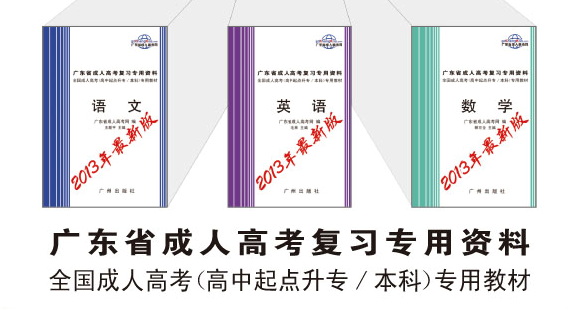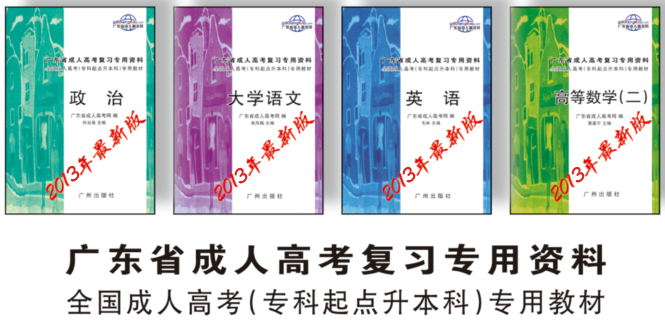A
A land free from destruction (破坏), plus wealth, natural resources ,and labor supply—all these were important 1 in helping England to become the center for the Industrial Revolution.2 they were not enough. Something 3 was needed to start the industrial process. That“something special”was men—4 individuals who could invent machines, find new 5 of power, and establish business organizations to reshape(改造)society.
The men who 6 the machines of the Industrial Revolution 7 from many backgrounds and many occupations. Many of them were 8 inventors than scientists. A man who is a 9 scientist is primarily interested in doing his research 10. He is not necessarily working 11 that his findings can be used.
An inventor or one interested in applied science is 12 trying to make something that has an actual 13. He may try to solve a problem by using the theories 14 science or by experimenting through correct and error. Regardless of his method, he is working to obtain a 15 result: the construction of a harvesting machine, the burning of a light bulb, or one of 16 other objectives.
Most of the people who 17 the machines of the Industrial Revolution were inventors, not trained scientists. A few were both scientists and inventors. Even those who had 18 or no training in science might not have made their inventions 19 a ground work had not been laid by scientists years20.
1.A. cases B. reasons C. factors D. situations
2.A. But B. And C. Besides D. Even
3.A. else B. near C. extra D. similar
4.A. generating B. effective C. motivating (动机) D. creative
5.A. origins B. sources C. bases D. discoveries
6.A. employed B. created C. operated D. controlled
7.A. came B. arrived C. stemmed D. appeared
8.A. less B. better C. more D. worse
9.A. true B. practical C. pure D. clever
10.A. happily B. occasionally C. unwillingly D. accurately
11.A. now B. and C. all D. so
12.A. seldom B. sometimes C. usually D. never
13.A. plan B. use C. idea D. means
14.A. of B. with C. to D. as
15.A. single B. only C. specialized D. specific
16.A. few B. those C. many D. all
17.A. proposed B. developed C. supplied D. offered
18.A. little B. much C. some D. any
19.A. as B. if C. because D. while
20.A. ago B. past C. ahead D. before
KEY: 1. C 2. A 3. A 4. D 5. B 6. B 7. A 8. C 9. C 10. D 11. D 12. C 13. B 14. A 15. D 16. C 17. B 18. A 19. B 20. D
B
It is interesting how NASA(美国航空航天管理局)chose their astronauts for landing them on the moon. They chose men 1 the age of twenty and thirty-five. There were about fifty of them , Many were 2 air pilots. 3 were scientists with two or three degrees. NASA telephoned each man they were going to choose ;told him the plans and the 4 they might get in. They then asked him if he was willing to be trained as an astronaut. “How could any man 5 such an exciting job?”One of them said, “Dangerous? Of course. It‘s dangerous 6 most exciting”
The health and physical condition of 7 was, of course, very necessary. 8 those in very good health and physical condition were chosen.
While being trained to be astronauts. they went through many 9 . They studied the star and the moon , and they also studied geology, the science of rocks. This was necessary 10 astronauts would have to look for rocks on the moon. They would try to find rocks which might help to tell the 11 of the moon. They were all 12 to fly in helicopters (直升飞机)。These helicopters landed 13 down to give them some experience of the way the spaceship would 14 land on the moon , They were also taught the 15 facts about the conditions in space. They learnt all the technical details of the spaceships and rockets. They visited the scientists and engineers who 16 them. They visited the factories where they were 17 . They learnt how every 18 of a space-ship and its instruments work. They also learnt every detail of ground-control 19.
In a word , to be chosen as an astronaut. one must be in good health, 20 in science and good at piloting
1.A.at B.between C.of D.on
2.A.experienced B.Old C.Trained D.young
3.A.None B.Few C.Others D.They
4.A.dangers B.sadness C.Hardship D.troubles
5.A.accept B.Receive C.Offer D.refuse
6.A.but B.if C.Though D.however
7.A.the scientists B.men C.pilots D.Young people
8.A.As B.Only C.If D.Or
9.A.jobs B.Places C.courses D.ways
10.A.for B.Because C.since D.So that
11.A.story B.Background C.Age D.name
12.A.shown B.Trained C.Told D.let
13.A.straight B.Straightly C.Indirectly D.directly
14.A.possibly B.Likely C.actually D.really
15.A.not known B.well-known C.unknown D.known
16.A.drew B.produced C.designed D.made
17.A. repaired B.Built C.Developed D.fixed
18.A.part B.Movement C.Machine D.body
19.A.house B.stop C.system D.station
20.A.well-done B.well-fed C.well kept D.well-informed
KEY: 1-5 ABCAD 6-10 ACBCB 11-15 CBDDC 16-20 CBACD
C
The young engineer sat down on a rock and rested his head in his hands. He would never get home; it was 1 . For weeks he had been 2 in the Northwest Canadian forest. Now there was a terrible 3 behind his eyes, and worse of ail, he had gone 4 .
Suddenly a man 5 out of the woods, an Indian who had been hunting in the area. Seeing the engineer's 6 , he caught a fish in a nearby 7 and fed the sick man the 8 of the fish and some flesh from its head. 9 within a few hours the engineer's pain was 10 . A day later he could 11 again, and the next day he had 12 recovered.
When he returned home, the engineer told the 13 to Dr Price. Not until years later did it become a(n) 14 fact that this was just an everyday 15 doing its work. For what the engineer did, by eating fish eyes, was to 16 his vitamin (维生素)。
Vitamin A's biggest job is to keep the eyes 17 . Without A, people and animals get night blindness and other eye problems. Without A, people can even be totally blind. A helps to keep the skin in good 18 . A also helps 19 with bones and teeth and has to do with proper 20 of blood cells.
1. A. hopeless B. useless C. careless D. timeless
2. A. lost B. treated C. hunting D. working
3. A. scene B. illness C. pain D. heat
4. A. blind B. changed C. mad D. separated
5. A. reached B. appeared C. hid D. watched
6. A. starvation B. situation C. reality D. trouble
7. A. stream B. boat C. place D. sea
8. A. tail B. skin C. bone D. eyes
9. A. Possibly B. Surprisingly C. Fortunately D. Immediately
10. A. shown B. gone C. settled D. disappeared
11. A. see B. speak C. walk D. work
12. A. naturally B. completely C. partly D. physically
13. A. news B. result C. secret D. story
14. A. actual B. accepted C. solved D. ordinary
15. A. sight B. food C. lifeguard D. service
16. A. from B. by C. about D. with
17. A. trust B. trade C. try D. take
18. A. looking B. rolling C. moving D. going
19. A. energy B. order C. shape D. sense
20. A. out B. off C. about D. to
KEY: 1-5 AACAB 6-10 DADBB 11-15 ABDBC 16-20 DDCAA
在线咨询QQ:1363564748
1361195298
1337171985

